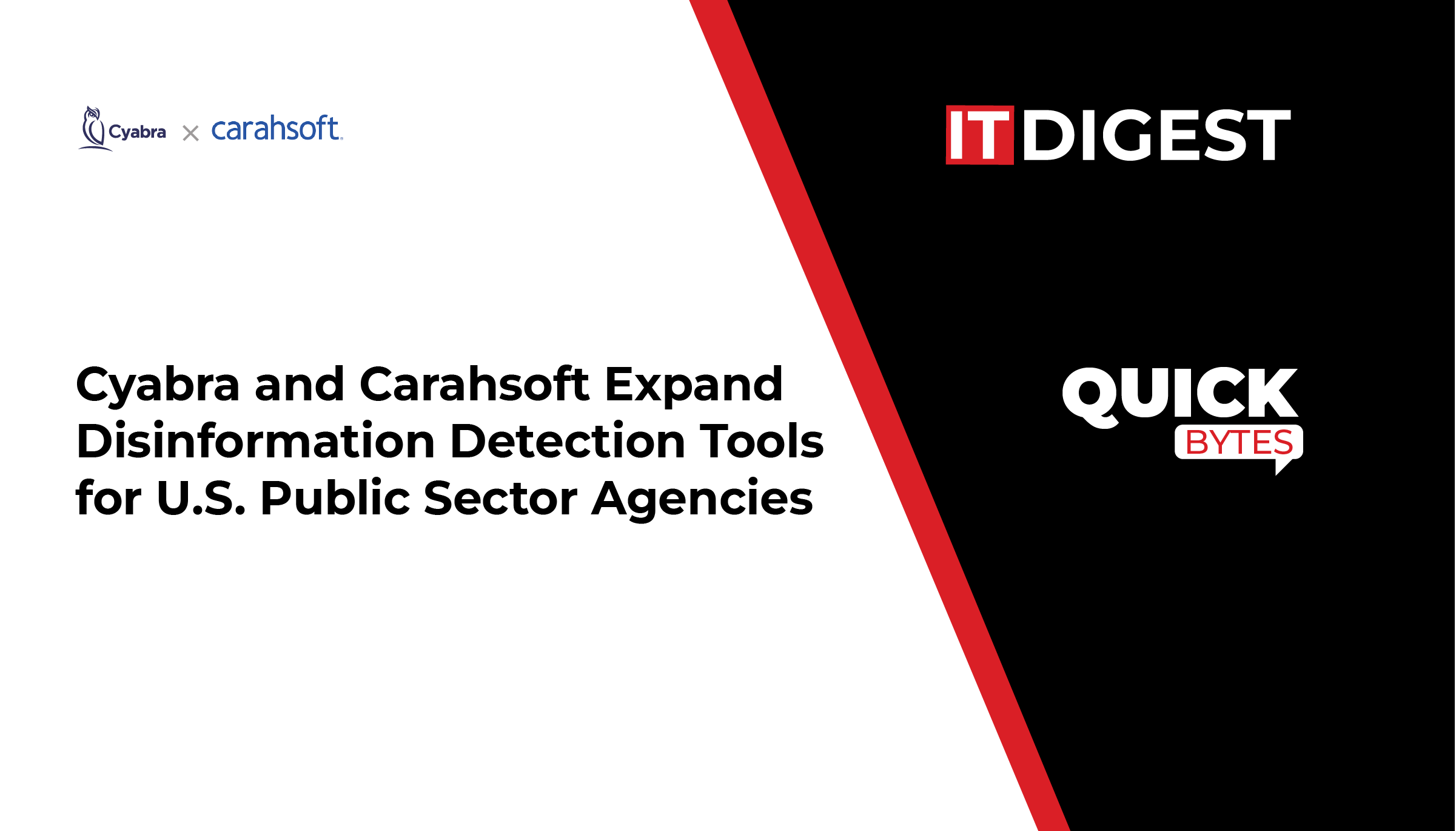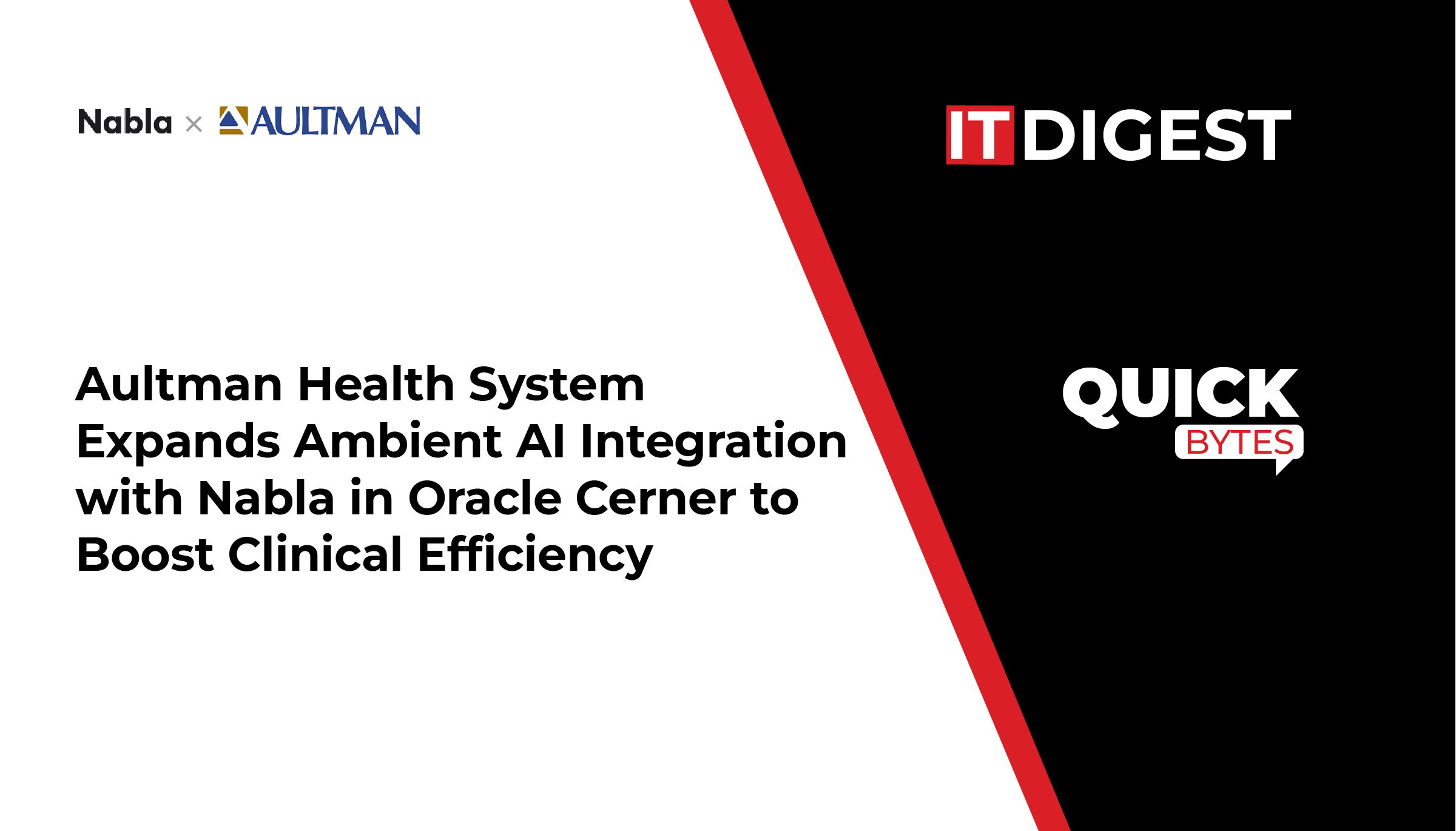Diagrid, provider of tools and services to build secure, reliable, and portable applications using open source Dapr, announced the latest version of Dapr, a Cloud Native Computing Foundation incubating project maintained by Diagrid, Microsoft, Intel, Alibaba, and others, as well as an update to Conductor, a Software as a Service (SaaS) that helps manage, upgrade, and monitor Dapr on Kubernetes clusters.
“The v1.14 update provides many new capabilities for developers building distributed apps,” said Yaron Schneider, co-creator of Dapr and founder and chief technology officer at Diagrid. “Especially improving the scale and performance of Dapr workflows with the new scheduler service, as well as a new API for scheduling cron-like jobs, which has been a strong community request.”
The Dapr 1.14 update introduces several significant new features and improvements.
- Jobs API (Application Programming Interface): Enables developers to schedule and orchestrate jobs for future execution, such as batch processing, maintenance scripts, and database backups.
- Streaming subscriptions: To make consuming subscriptions message topics much easier, streaming subscriptions do not require an HTTP endpoint in an application, making them easy to use in code. They are also dynamic, meaning they allow for adding or removing them at runtime.
- Actors multi-tenancy: To improve security and isolation, the same actor type can be deployed into different namespaces with separate state stores delivering full multi-tenancy.
- Improved HTTP metrics filtering: By using HTTP path matching, the number of metrics for events can be aggregated enabling significant reduction in memory usage and improving CPU performance.
- Performance improvements in actor reminders and workflows: Using the new scheduler service delivers up to 80 times increase in throughput scaling up to millions of reminders and workflow activities as compared with thousands previously.
Dapr today is deployed as a sidecar to applications. Also being released is a new Dapr Kubernetes deployment option called Dapr Shared that enables Dapr to run as a pod that can be scaled out or as a per-node DaemonSet, leading to reduced resource usage.
Dapr provides developers with APIs that abstract away the complexity of the most common challenges when building distributed applications. It increases developer productivity by 20-40% with features such as workflow, pub/sub, state management, secret stores, external configuration, bindings, actors, distributed lock, and cryptography. Dapr enables developers to benefit from its built-in security, reliability, and observability capabilities, so they don’t need to write boilerplate code to achieve production-ready applications.
SOURCE: Businesswire

































